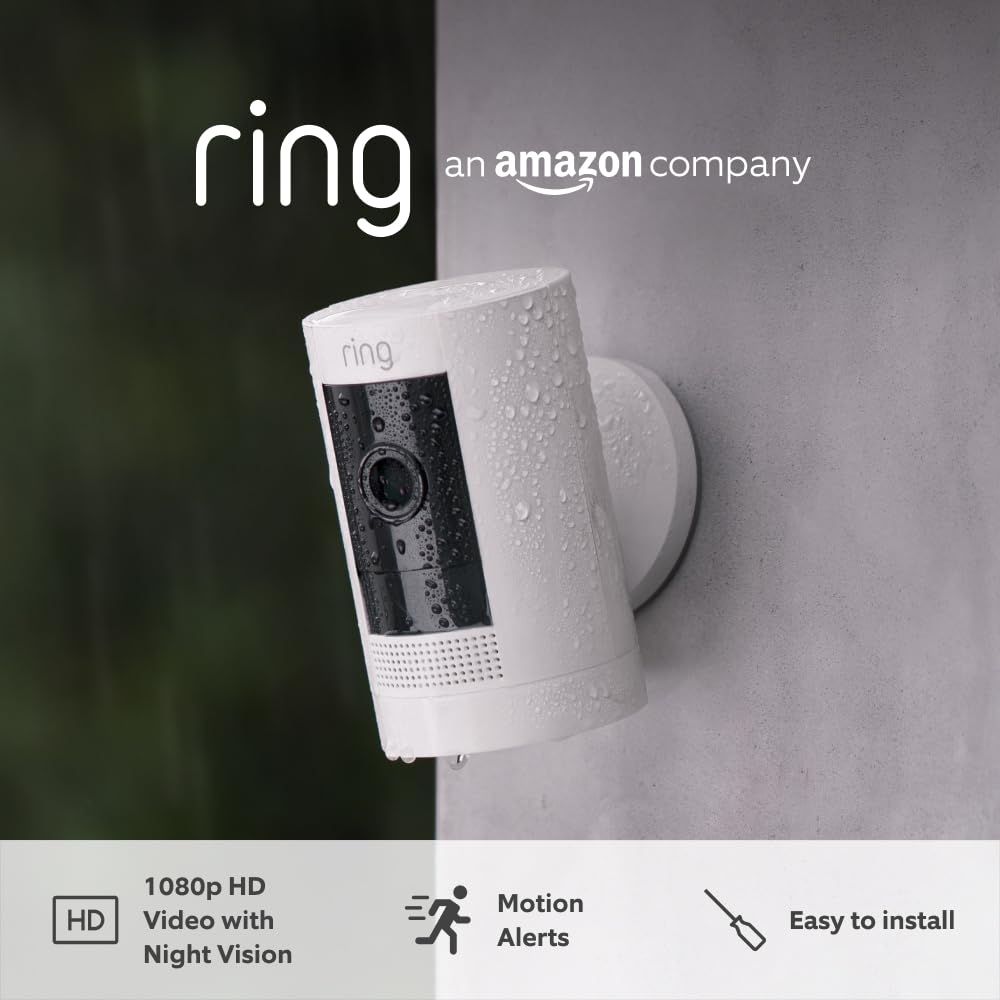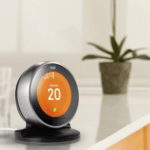If you’re a real estate agent looking to work smarter, not just harder, marketing and automation tools can be a total game changer. The right software helps you reach more clients, makes follow-ups painless, and keeps your day-to-day running on autopilot. I’m breaking down what these tools can do for your business, what features matter most, how to choose them, and which ones are worth checking out.

Why Real Estate Agents Benefit from Marketing & Automation Tools
Staying competitive in real estate comes down to how well you can handle leads and keep your business visible online. That’s where marketing and automation tools shine. Here’s how they help:
- Lead Capture Made Easy: Custom landing pages, website popups, and social ads connect all of your buyers and sellers right to your inbox, without you manually having to chasing everyone.
- Never Miss a Follow-Up: Automated texts and emails flow when you’re busy; this keeps prospects engaged and helps you build trust over time.
- Save Time Every Day: Scheduling tools post to your social feeds, send property alerts, and even remind you about upcoming showings so you can focus on closing more deals.
- See What’s Working (and What Isn’t): Built-in analytics show which campaigns get the most attention and which properties are drawing the right crowd.
- Everything Syncs Together: Many tools link up with your CRM, email, and even listing sites. This streamlines your workflow so you spend less time juggling between platforms.
With all these benefits, it’s easy to see why top-producing agents now rely on at least one automation platform to keep their pipeline full and their business organized.
Popular Types of Marketing & Automation Tools for Real Estate
The options keep growing, but I’ve grouped the most useful categories for agents below. You’ll see some tools offer a mix of these features, and picking a combo that fits your business can really help you stand out.
- Email & SMS Campaigns: Nurture new leads with scheduled messages, open house invites, even automated responses to web inquiries.
- Social Media Automation: Schedule posts, market new listings, share testimonials, and scan engagement stats, all in one place.
- Workflow & Task Automation: From email sequences to deal pipeline reminders and document requests, these systems handle the repetitive stuff.
- AI Powered Tools: Use artificial intelligence to write listing descriptions, optimize ad targeting, and even score leads based on engagement.
- Analytics Dashboards: Pull all your leads, campaigns, and property stats together to track what’s driving results right now.
Some of these tools cross over, meaning you might find a single platform that covers two or three of these needs. As you look at your own workflow, think about which categories will give you the most relief or biggest boost in productivity. Real estate is competitive and agents routinely use these software categories to keep ahead of their competition and consistently grow their client base. By focusing on these main types, you cover almost every aspect of real estate sales and client relationship management.
Click any tool in the table to check out more information, with screenshots, real pros and cons, and handy links to the best deals.
Getting a good look at the options before you choose is one of the easiest ways to avoid buyer’s remorse and make the most out of your investment. Keep in mind, most top-tier tools are frequently updated with new features and user feedback, so it’s a good idea to revisit reviews now and then.
Key Features to Look For
Choosing the right marketing and automation software for your real estate business can feel overwhelming. I’ve pinned down a list of the features that consistently prove useful for agents at all levels:
- Lead Capture Forms & Landing Pages: Customizable forms that connect right to your CRM helping you generate more contacts from open houses to social media.
- Automated Drip Sequences: Keep nurturing buyers and sellers with a steady stream of info so you’re always top of mind.
- Personalized Bulk Messaging: Segment contacts so you can send relevant property updates or holiday greetings at scale but still keep a personal touch.
- Social Scheduling & Monitoring: Schedule posts for Facebook, Instagram, and LinkedIn and reply to messages all from one platform.
- Integrations: Tools should communicate with your CRM, MLS, and major listing sites to keep data moving smoothly.
- Mobile Access & Notifications: Stay updated whether you’re at a showing or grabbing a coffee.
- Actionable Reports: Daily or monthly breakdowns on open rates, clicks, and lead sources can be a real game changer in steering your marketing in the right direction.
Beyond these, take a look at any features that matter for your local area, such as support for SMS with local numbers or the ability to include market insights in your automation flows.
Common Challenges & How to Overcome Them
- Setup & Learning Curve: Some platforms take serious time to set up, and the menus can feel like a maze at first. Many software providers offer dedicated onboarding, how-to webinars, and customer support. It’s worth leaning on those resources instead of trying to figure it all out solo.
- Contact Overload: Too many follow-ups in a day can annoy leads. Smart tools allow you to tweak timing, set warning limits, and check message performance so your outreach stays in the sweet spot.
- Integration Woes: Not every platform will link up with your preferred CRM or email service; check for native integrations or at least Zapier support before making a commitment.
- Compliance & Spam Filters: Real estate has guidelines on what you can say in messages. Email and SMS spam filters are also tougher than ever. Software with compliance tools and opt-in management gives you some peace of mind and keeps your list healthy.
Onboarding & User Support
A key factor is how quickly you and your team can get comfortable with the new system. Video tutorials, step-by-step guides, and active user forums make this process smoother. Platforms like Lion Desk and Follow Up Boss tend to get high marks here. Don’t hesitate to check reviews or ask peers about their experience with onboarding; it can set the tone for your entire automation project.
Tips for Picking the Right Tool for Your Real Estate Business
- Pin Down Your Biggest Headaches: Are you losing leads to slow follow-ups? Struggling with consistent social media? Looking for better reporting? Choose the tool that actually helps with your most persistent challenges.
- Ease of Use Matters: Pick software that’s mobile friendly and doesn’t overload you with options you’ll never use. Most offer free trials; try logging in on your phone as well as desktop to see how it really fits into your day.
- Check for Localized Features: Some platforms have extra functions for specific markets like local texting or neighborhood data integrations. These can give you an advantage.
- Don’t Ignore Scalability: What works for one agent might frustrate a growing team. Make sure your software can scale with your business as you add more clients or teammates.
- Ask Around: Peers, brokers, and even your MLS often have strong opinions or recommendations. Word of mouth is still golden in real estate tech, so check out reviews and testimonials from those in your region.
Examples of Marketing Automation in Action
- Auto-Replying to New Leads: A new contact fills out a seller inquiry form on your website. They get an instant, personalized text from you with a link to schedule a call, even if you’re hosting an open house across town.
- Birthday and Anniversaries: Your system automatically sends out friendly birthday wishes to past clients, keeping your name in play for future referrals.
- Scheduled Social Posts: Every Monday, your listing tool sets next week’s content to drop onto your Facebook and Instagram—no scramble for ideas midweek.
- Smart Reminders: The platform nudges you to reach out to cold leads after 90 days, making it easy to revive relationships with a casual “how’s it going?”
Marketing automation serves you best when your outreach feels personal yet consistent. Automating simple tasks lets you focus on conversations that matter and close deals instead of getting bogged down in reminders or routine emails. As real estate markets get more crowded, these tools help keep your brand polished and your schedule open for real connections.
Frequently Asked Questions
Do I need a different automation tool if I’m part of a team?
Some software lets you add multiple users, assign leads, and set permissions for transaction management. If you’re planning to grow, check that your tool covers team needs so you won’t need to switch platforms later on.
Will marketing automation hurt the personal touch with clients?
Not when done right. The best systems personalize messages and let you jump in manually when needed. This helps you respond faster, while keeping things genuine so it never feels robotic for your clients.
How much should I expect to spend?
You can get started for about $25 a month on basic systems; bigger teams or integrated platforms offering websites, advanced automation, and analytics can push the price up to $100–$300+ monthly. Most offer a free trial, which is always worth a spin before making a decision so you can be sure it fits your workflow.
Ready to Try Marketing & Automation for Your Real Estate Business?
Automating your outreach and daily marketing is a great way to save time, land more clients, and stay on top of your business. This can happen without losing the personal touch that your clients really value. Check out the tool reviews above to find something that fits how you work best. Smart research and hands-on trials help you pick the platform that matches your business style and keeps you ahead in the competitive world of real estate.
Some links in this article may be affiliate links. While this means I may receive a small commission if you purchase (at no additional cost to you), I only recommend tools that I’ve tested or would use myself. You’re always getting an honest review and my real opinion.










